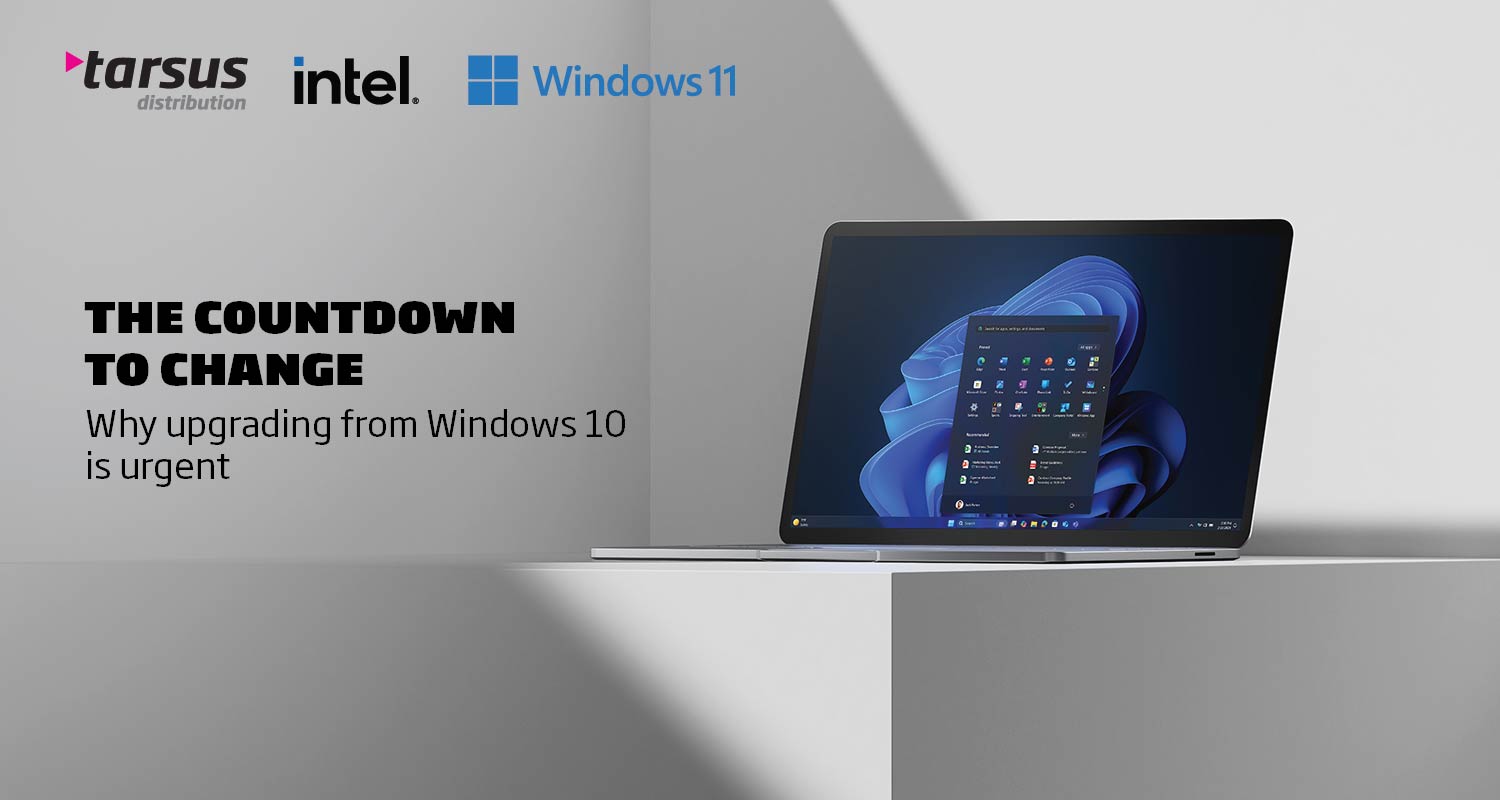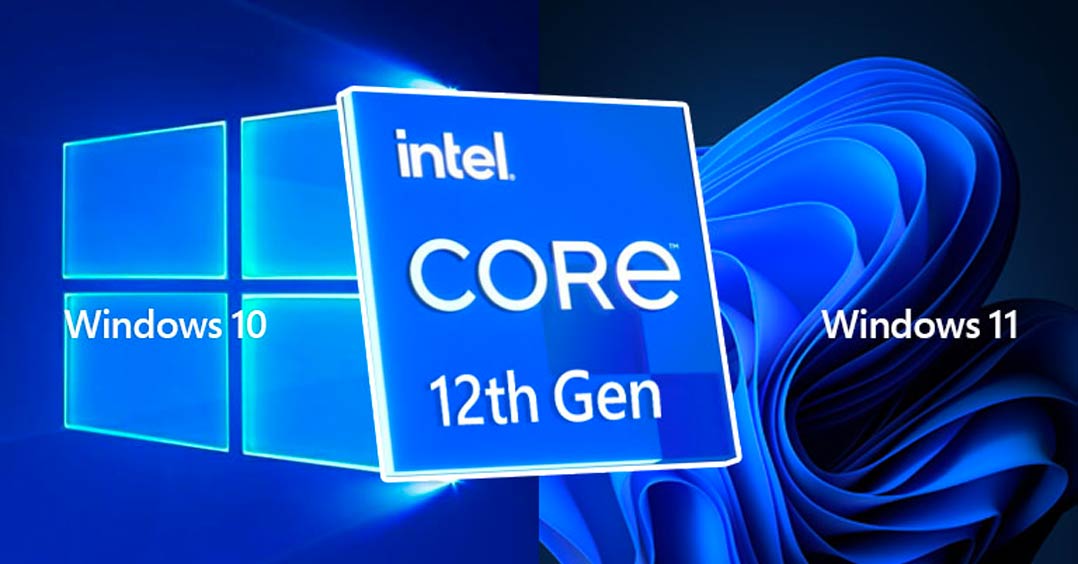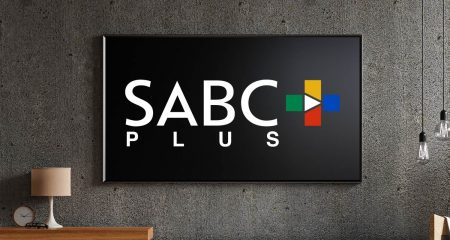 As the deadline for Windows 10 support approaches, people and businesses must make critical decisions regarding their technology infrastructure. With Microsoft set to end free support for Windows 10 on 14 October 2025, the urgency to upgrade to Windows 11 has never been more pressing.
As the deadline for Windows 10 support approaches, people and businesses must make critical decisions regarding their technology infrastructure. With Microsoft set to end free support for Windows 10 on 14 October 2025, the urgency to upgrade to Windows 11 has never been more pressing.
This article will look at the implications of continued reliance on Windows 10, the associated costs, and the advantages of transitioning to AI-ready devices powered by Intel technology.
The cost of staying with Windows 10
Continuing to use Windows 10 after October 2025 will incur significant additional support costs. Microsoft has introduced an Extended Security Updates (ESU) programme that allows users to pay for continued security updates. However, the starting costs aren’t cheap and grow steeper over three years as fees double each subsequent year. A one-year ESU option can be bought for individual users, but this only extends support until October 2026, after which they will be left with no security updates or technical assistance.
This financial burden highlights a critical pain point: entities must weigh the escalating costs of maintaining outdated technology against the benefits of upgrading to a modern operating system. Investing in Windows 11 now avoids future expenses and enhances overall productivity and security.
The need for modern technology
The workplace has evolved significantly over the last few years. With modern technologies that can keep pace with today’s workflows – particularly those driven by artificial intelligence – businesses cannot hope to keep up. Older devices running Windows 10 are ill-equipped to handle the power-hungry, sophisticated tasks that business environments need today. They will also struggle with AI functionalities that have become integral to improving efficiency and productivity.
Moreover, as user expectations rise, firms must see that they are equipped with secure and robust devices capable of meeting the demands of modern businesses. Upgrading to Windows 11 Pro devices powered by Intel Core Ultra processors and Intel vPro technology provides superior AI capabilities that empower professionals and organisations to adapt effectively to technological trends.
 Addressing workplace challenges
Addressing workplace challenges
Firms face several challenges that highlight the need for timely upgrades:
- Increased support costs: As mentioned, maintaining Windows 10 will become increasingly expensive, diverting funds from other critical areas.
- Outdated technology: Devices that cannot support modern applications will interfere with productivity and lead to inefficiencies.
- Cybersecurity risks: The absence of regular security updates after October 2025 exposes organisations to a slew of vulnerabilities and potential breaches.
- Lack of AI integration: To leverage AI tools effectively, businesses need hardware capable of supporting these advanced functionalities.
Transitioning to a new operating system and refreshing devices is not merely a matter of preference; it is essential for maintaining competitiveness in an evolving market landscape.
A seamless device refresh strategy
For IT leaders and C-suite executives, developing a streamlined approach for transitioning technology infrastructure is essential. This strategy should encompass:
- An assessment of current assets: Evaluate existing devices and their compatibility with Windows 11.
- Budget planning: Calculate potential savings from avoiding extended support fees versus the costs associated with upgrading.
- Implementation timeline: Establish a clear timeline for device refreshes to minimise disruptions in operations.
- Training and support: Ensure staff are adequately trained on new systems and technologies to maximise productivity from day one.
By following these steps, organisations can facilitate a smoother transition while ensuring their workforce is equipped with the necessary tools for success.
 It’s worth it
It’s worth it
The impending end of support for Windows 10 is a crossroads for businesses in every industry – from healthcare to finance and education. The associated costs of maintaining outdated systems far outweigh the investment that upgrading to Windows 11 requires. With AI-ready technology at their disposal, companies can enhance productivity, mitigate cybersecurity risks and meet rising user expectations.
Learn more and connect at www.tarsus.co.za.
- Read more articles by Tarsus Distribution on TechCentral
- This promoted content was paid for by the party concerned




